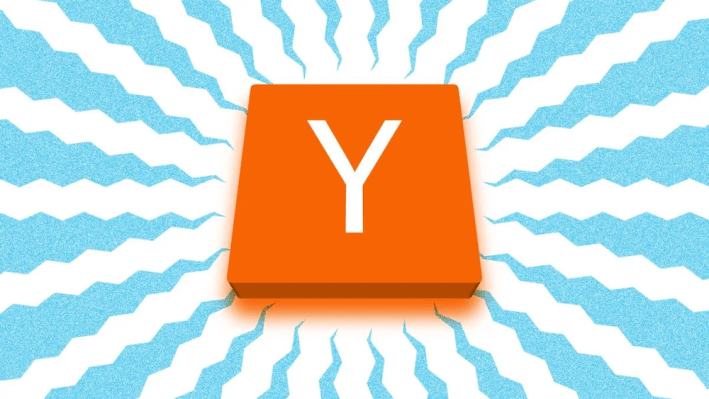Startup accelerator Y Combinator has long had a good reputation for picking companies that go on to be home runs for investors. And to get those investments, VCs have watched the accelerator’s biennial Demo Days to get a peek at the startups that could go on to become the next Instacart or Airbnb.
But anecdotally some of the lore surrounding Demo Day — and YC in general — has faded in recent years. Some investors don’t like that the cohorts have gotten larger and less selective, while others think the base valuations and round sizes have become too inflated. Demo Day doesn’t seem to come with the same pomp and circumstance as it used to.
Though it appears that more VCs have decided to sit out the festivities in recent years, we wanted to know if that’s really the case. So we asked them to weigh in! Here’s how 15 investors are thinking about Demo Day.
The majority, 60%, of investors surveyed said they are planning to log on Wednesday and Thursday to watch the minute-long pitch sessions. A third of investors said that they are actively looking for potential portfolio companies; a quarter said that they already invested in the current cohort.
Maxime Corbani, a senior associate at Runa Capital, said that he tunes in to get a feel for what the next fleet of early-stage startups looks like and what markets they are building in. Corbani said he keeps a list of companies to track and that his firm already invested in a company ahead of the event.
Seven investors responded that they weren’t tuning in this year at all, even though six of them said that they usually do. The majority of the investors sitting out for the first time said it was partially due to the high valuations investors need to pay into to get access in these companies, especially in a market proving tough for startups that got valued too high, too early.
Currently, YC companies get a $500,000 investment from YC through two different SAFE notes: One is a $125,000 note for 7% equity, and the other is a $375,000 note with no valuation cap. For context, according to PitchBook data, nearly a quarter of seed deals, when companies are at the next stage of maturity, were under $500,000. This means a lot of YC startups are inherently more expensive than their peers from the start.
Prices too high, and George Easley, a principal at Outsiders Fund, said that in order for him to watch in the future, he’d like the accelerator to put more of an emphasis on finding companies that have more solid business models and revenue plans.
“Startups need to show more realistic business plans with measurable traction,” said Alicia Zeng, director of operations at Pure Ventures. She’s among those who said they’ve watched in the past but aren’t watching this time.
Other investors said that they don’t find any value in Demo Day at all.
Ameet Shah, the general partner at Golden Ventures, said that some founders raise the majority, if not all of their funding round, prior to demo day. “Demo day is not really all that useful for pre-seed, seed investors at this point, as most of the companies are already funded,” Shah said. “It’s useful for the larger funds that want to track companies/founders. Most of the work pre-seed/seed firms have to do are before demo day.”
And Shah isn’t the only survey respondent who feels that way; Corbani said that “demo day is often too late to invest in the best companies.” Corbani is a former YC-backed founder.
We’ve reached out to YCombinator for specific statistics regarding how many startups had closed their rounds before demo day even started and will update this post when we hear back.
Several investors who said that they will be watching this time said that they’ve already made their investments in this batch prior to the pitch event. And others said that in order for them to watch in the future, YC would need to slim down its cohort sizes (this week’s demo day has over 200 startups pitching) or figure out other ways to drum up interest, like going back to in-person demo days.
Other VCs added that they would need to see the accelerator start to slim down its cohort sizes to attract them back or start having the event in person again — which could be sooner rather than later, according to a YC blog post — to drum up interest. But regardless, the investors who are attending said they’re happy to tune in and pay up.
Update: This story was updated on Sept. 6 to include more information about the usefulness of demo day.
